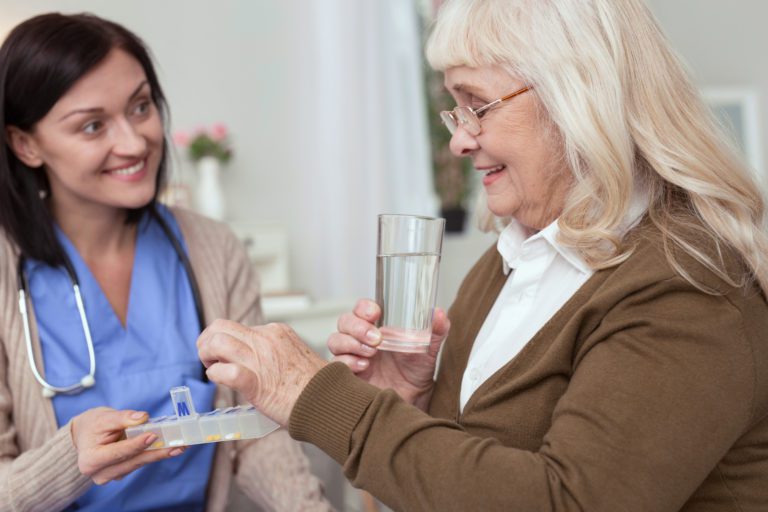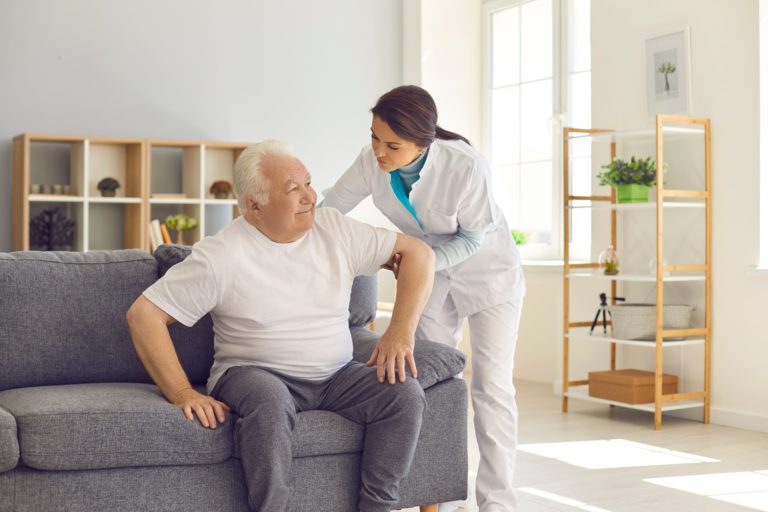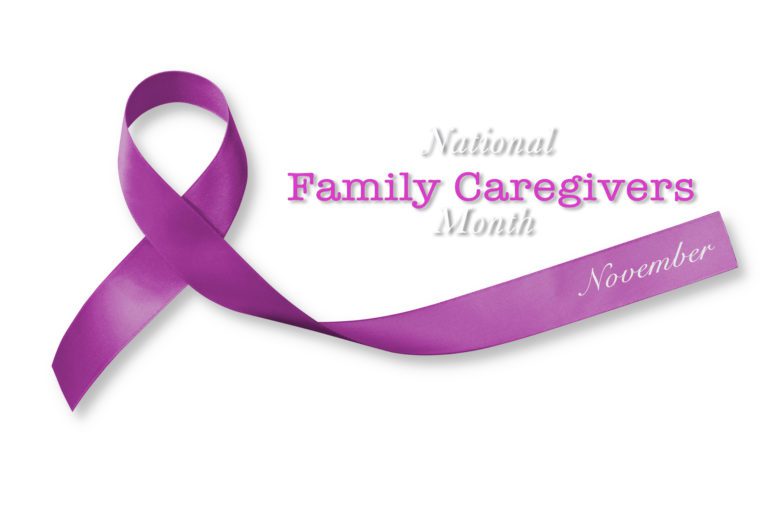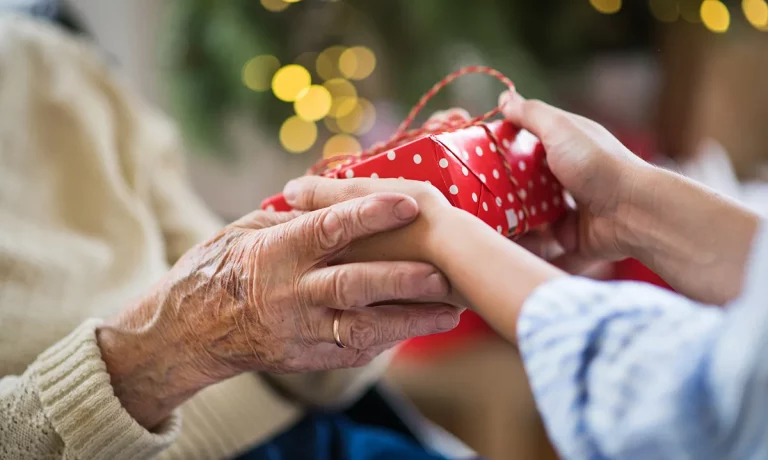Caring for our loved ones is a responsibility that many of us hold dear. As our parents or elderly family members age, their needs may change, and it becomes crucial to recognize when they require in-home help. In this article, we will explore the eight signs that indicate your loved one may need assistance in the comfort of their own home. By being aware of these signs, you can ensure their well-being and provide them with the support they need to maintain a high quality of life.
Table of Contents
- 1. Physical Limitations
- 2. Frequent Forgetfulness
- 3. Decline in Personal Hygiene
- 4. Unexplained Weight Loss or Gain
- 5. Social Withdrawal
- 6. Poor Medication Management
- 7. Neglected Household Maintenance
- 8. Increased Falls or Accidents
- Conclusion
1. Physical Limitations
As individuals grow older, they may experience physical limitations that can impact their daily activities. If you notice your loved one struggling with tasks they once found easy, such as getting up from a chair, climbing stairs, or even preparing meals, it could be a sign that they require in-home help. These limitations could indicate a decline in mobility or strength, which may require assistance from a caregiver.
2. Frequent Forgetfulness
Memory lapses are a common concern among older adults, but when forgetfulness becomes frequent and starts affecting their daily life, it can be a cause for concern. If your loved one frequently forgets to take medications, misses appointments, or struggles to recall important information, it may be time to consider in-home help. A caregiver can assist with medication reminders, appointment scheduling, and providing companionship to reduce feelings of isolation.
Memory Care For Your Loved One
3. Decline in Personal Hygiene
Personal hygiene is an essential aspect of overall well-being. If you notice a decline in your loved one’s personal hygiene habits, such as infrequent bathing, wearing dirty clothes, or neglecting oral care, it may be an indication that they need in-home assistance. A caregiver can help with bathing, grooming, and maintaining cleanliness, ensuring your loved one’s comfort and dignity.
4. Unexplained Weight Loss or Gain
Sudden and unexplained weight loss or gain can be a sign of underlying health issues or difficulties with meal preparation and nutrition. If you notice significant changes in your loved one’s weight, it is essential to investigate the cause. In-home help can involve meal planning, grocery shopping, and cooking nutritious meals tailored to their dietary needs, promoting their overall health and well-being.
5. Social Withdrawal
Isolation and loneliness are common among aging adults, especially if they have limited mobility or have lost their spouse or friends. If your loved one has become increasingly withdrawn, avoids social activities, or shows signs of depression, in-home help can make a significant difference. A caregiver can provide companionship, engage in meaningful conversations, and encourage participation in social activities, enhancing your loved one’s emotional well-being.
Why Is Personal Hygiene So Important for The Elderly?
6. Poor Medication Management
Medication management can become complex for older adults who are dealing with multiple prescriptions and dosages. If your loved one struggles to organize their medications, frequently misses doses, or confuses medication schedules, it may be time to consider in-home help. A caregiver can ensure medication adherence, monitor side effects, and communicate with healthcare professionals, promoting your loved one’s safety and health.
7. Neglected Household Maintenance
Take note of the state of your loved one’s home. If you observe a decline in household maintenance, such as untidy living spaces, dirty dishes piling up, or an unkempt yard, it may indicate that they require in-home assistance. A caregiver can help with light housekeeping tasks, laundry, and ensuring a safe and clean environment for your loved one.
8. Increased Falls or Accidents
Frequent falls or accidents can be a significant concern for aging adults. If your loved one has experienced multiple falls or accidents recently, it may be a sign that they need in-home help to prevent further injuries. A caregiver can assist with mobility, provide supervision, and implement safety measures to minimize the risk of falls and accidents.
Learn More: Reasons Why People Choose Home Care
Conclusion
Recognizing the signs that indicate your loved one needs in-home help is crucial for ensuring their well-being and quality of life. By paying attention to physical limitations, memory lapses, personal hygiene, weight changes, social withdrawal, medication management, household maintenance, and falls or accidents, you can make informed decisions regarding the support they require. In-home help provides a valuable solution to address these concerns, offering personalized care, companionship, and assistance with daily tasks. With the right in-home caregiver, your loved one can age gracefully while remaining in the comfort and familiarity of their own home.







